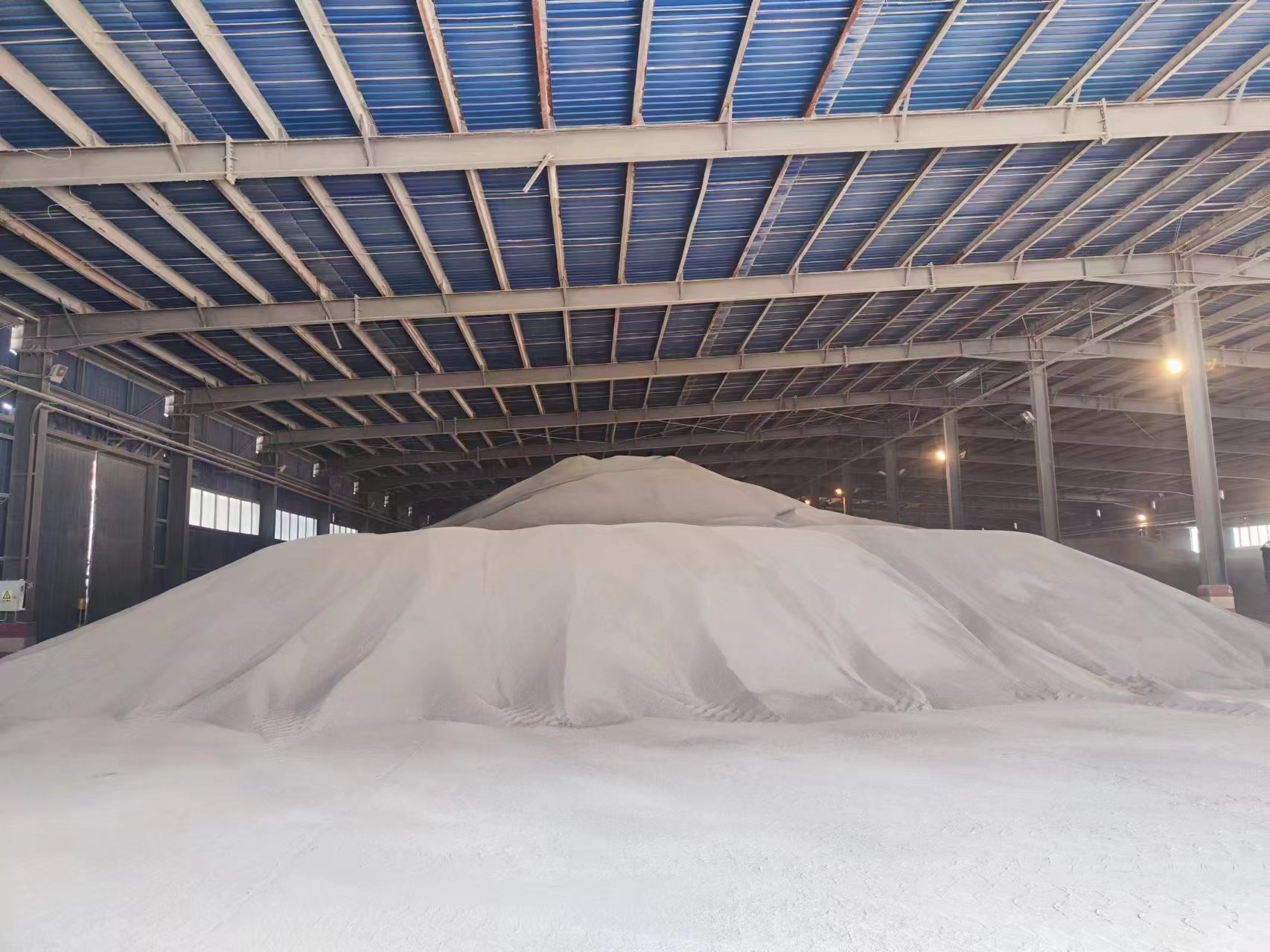The Essential Role of Nitrogen in Fertilizers: Boosting Crop Growth
2024-11-12
YUNNAN YINGFU TRADING CO., LTD
Share and exchange
Discover why nitrogen is a crucial component in fertilizers and how it enhances crop growth and agricultural productivity. Learn about its benefits for sustainable farming practices.
Introduction
Nitrogen is one of the most essential nutrients in the world of agriculture. Its presence in fertilizers is vital for promoting healthy crop growth, improving agricultural productivity, and ensuring food security for a growing global population. This article delves into the reasons why nitrogen is a key ingredient in fertilizers and the benefits it offers to farmers and the environment.
The Importance of Nitrogen
Nitrogen is a macronutrient that plays a fundamental role in plant growth. It serves several critical functions, including:
- Serves as a key component of amino acids, which are the building blocks of proteins.
- Contributes to the formation of chlorophyll, the green pigment responsible for photosynthesis.
- Enhances overall plant growth and development, leading to increased yields and improved crop quality.
As such, nitrogen in fertilizers directly translates into healthier plants and higher productivity levels on farms.
Application of Nitrogen in Agricultural Practices
Farmers apply nitrogen in various forms, including ammonium nitrate, urea, and calcium ammonium nitrate. The choice of fertilizer depends on factors such as soil type, crop requirements, and environmental considerations.
Additionally, nitrogen can be sourced from legumes that fix atmospheric nitrogen or from organic matter in the soil. This sustainable approach not only boosts nitrogen levels but also enhances soil health, promoting a balanced ecosystem within agricultural settings.
Benefits for Sustainable Farming
Integrating nitrogen-rich fertilizers into farming practices fosters sustainability in several ways:
- Increased crop yields contribute to agricultural sustainability and food security.
- Efficient use of nitrogen reduces environmental impacts, such as water contamination and greenhouse gas emissions, when managed properly.
- Improved soil health through organic nitrogen sources supports long-term agricultural productivity.
In essence, nitrogen plays a vital role in not only enhancing agricultural productivity but also promoting sustainable farming practices that benefit growers and the environment alike.
Conclusion
In summary, nitrogen is an indispensable component of fertilizers, directly impacting crop growth and agricultural productivity. By understanding its importance and applying it effectively, farmers can achieve sustainable growth and contribute to global food security. Employing nitrogen responsibly ensures that we not only meet current agricultural demands but also protect our planet for future generations.

.jpg)
.jpg)
